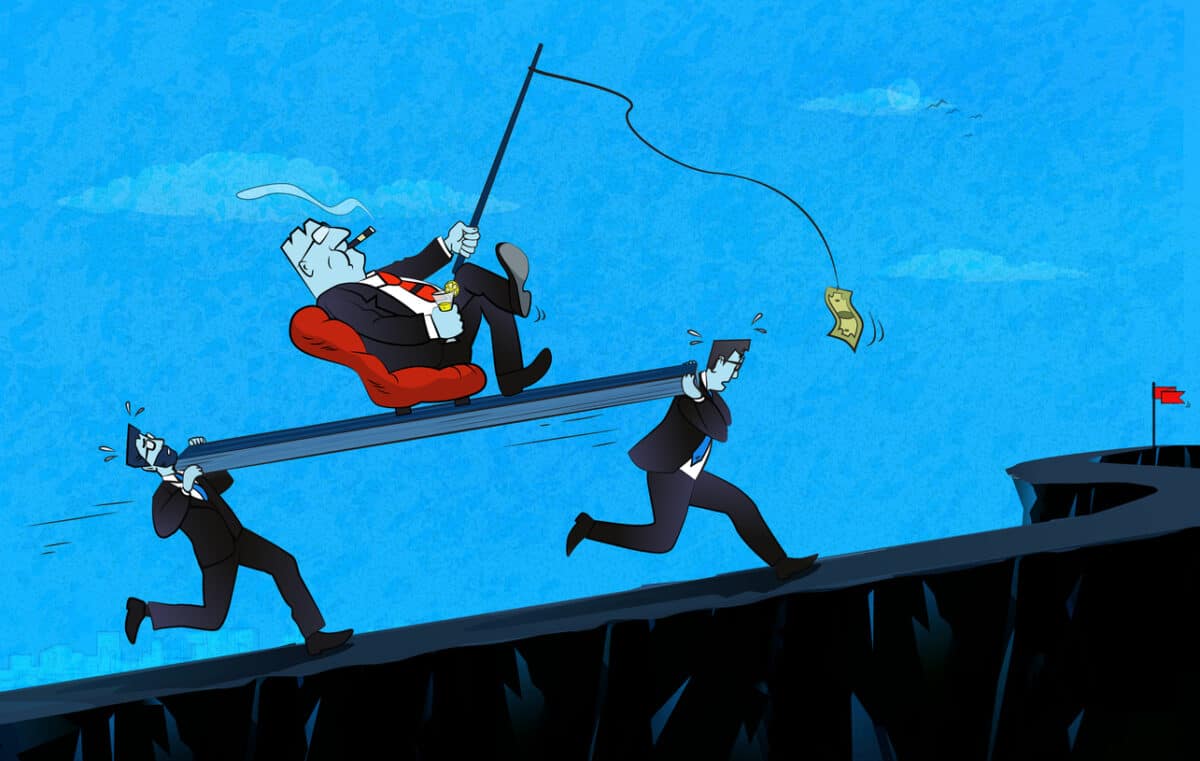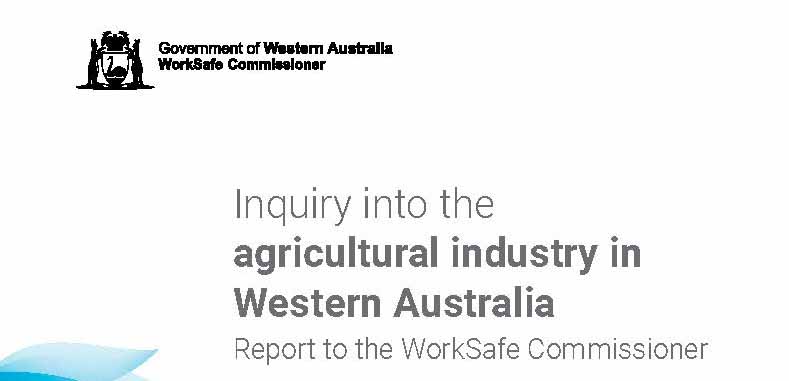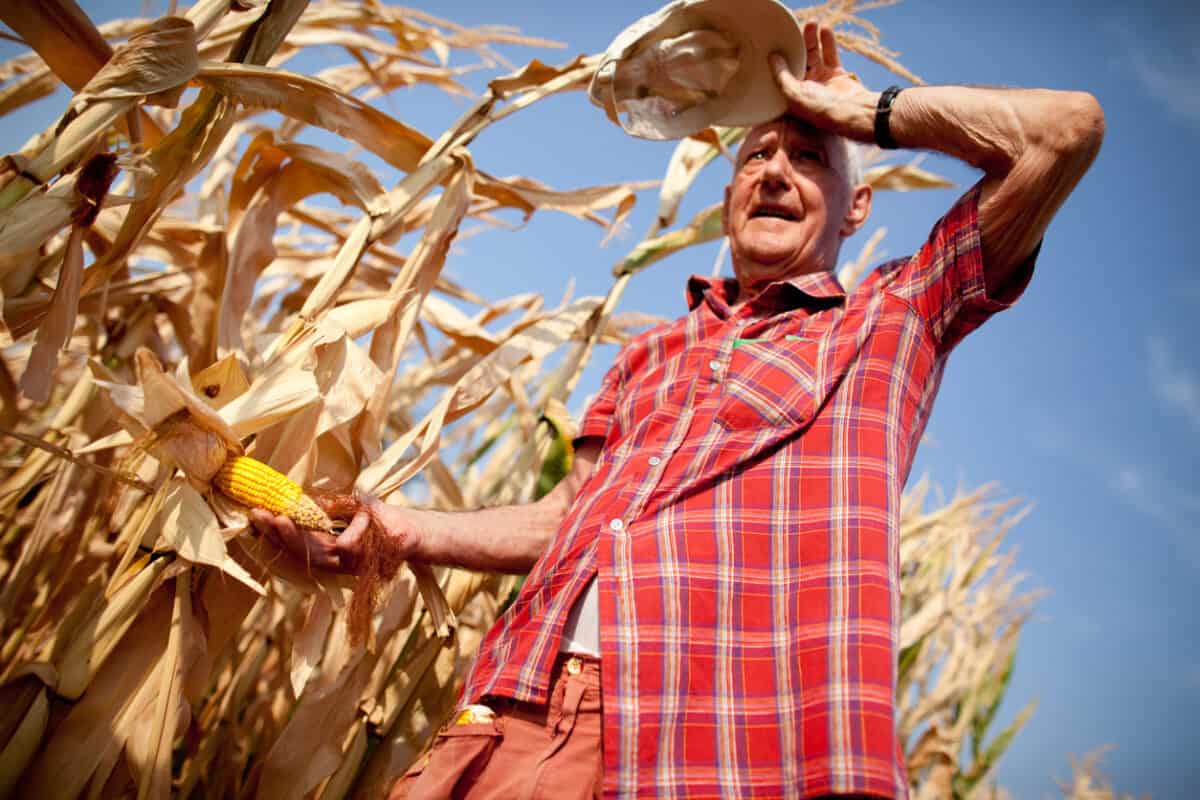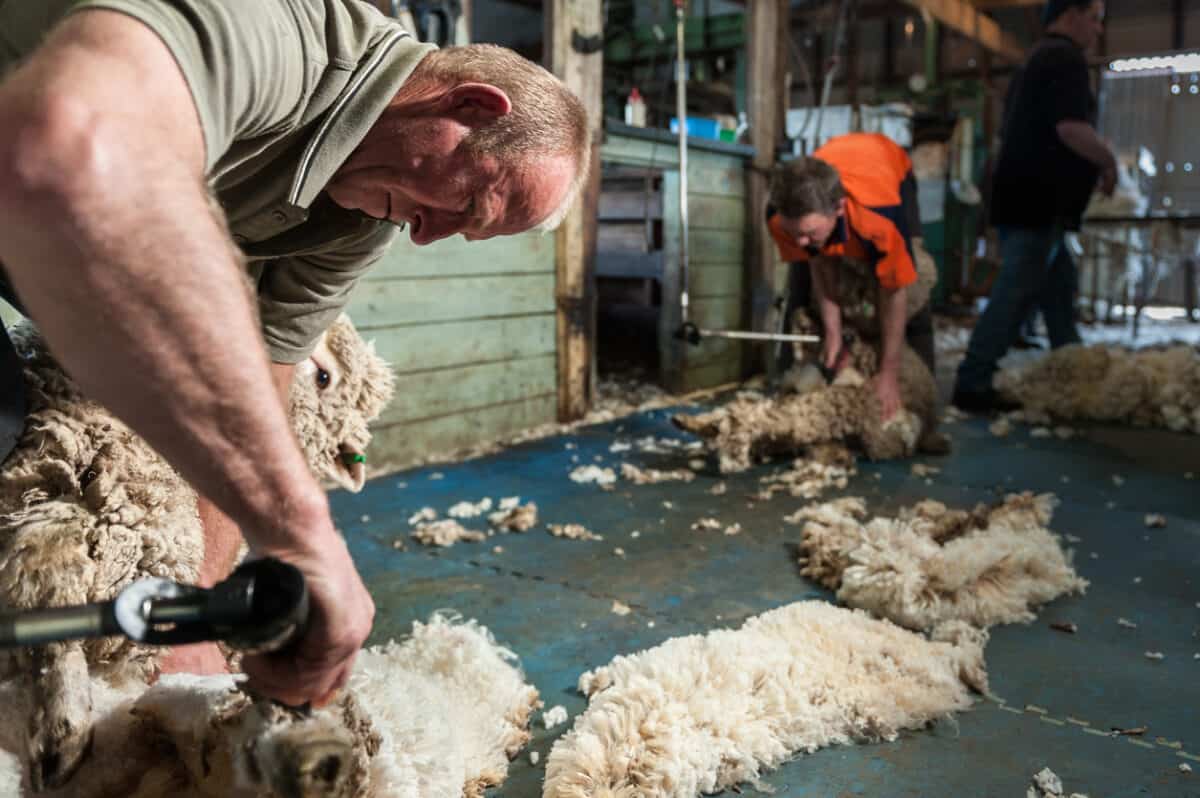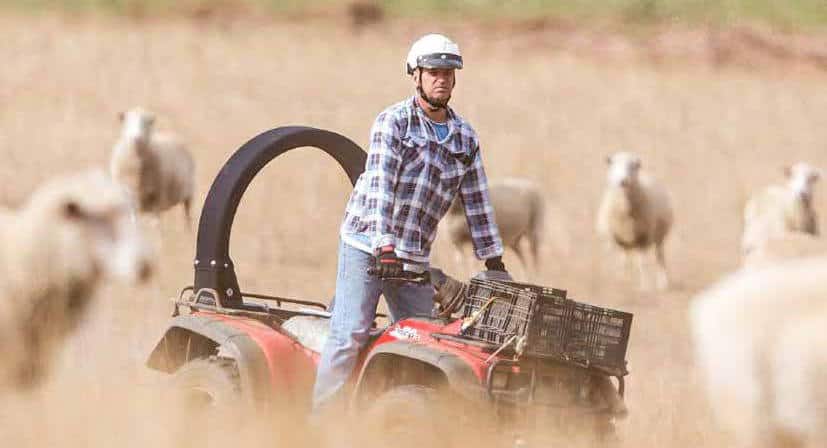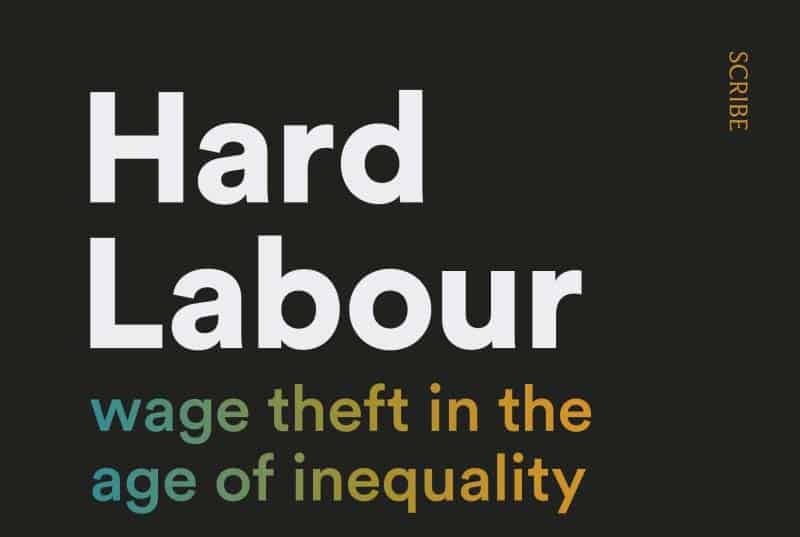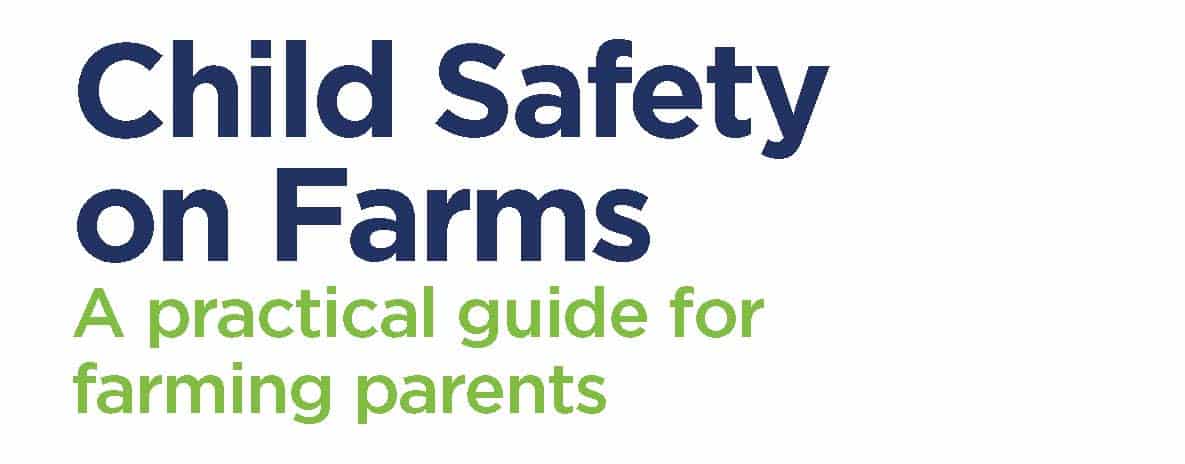Work-related harm is often generated by exploitation, but exploitation is a term rarely used by the occupational health and safety (OHS) profession. If it was, the OHS approach to harm prevention may be very different, especially now that a safe and healthy working environment is a fundamental right.
Perhaps the omission of exploitation is not that surprising. It is often seen through the lens of industrial relations, and a flexible demarcation often exists between IR and OHS. It is important to note that the International Labour Organisation’s Glossary of OSH terms also fails to include exploitation though it is from 1993.
However, a recent report from the Grattan Institute, Short-changed: How to stop the exploitation of migrant workers in Australia, does discuss workplace health and safety as an element of worker exploitation.

